Bringing Knowledge Home
Health Policy on the Homefront
Motivated to Make Change
Many fellows leave their fellowship feeling inspired and with a deep understanding of how national decisions impact local health.
They shift their attention from the Hill to their homes, implementing new programs in their communities, enacting legislation at the state level, establishing new policy-focused programs in their universities, or becoming national health policy leaders. Some fellows even find a new home in Washington, DC, having contracted the contagious “Potomac Fever.” Regardless of where they end up, fellows commit themselves to improving the health of the nation, carrying forward the momentum of their work on Capitol Hill.
Implementing New Programs
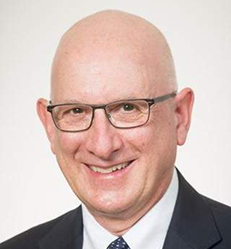
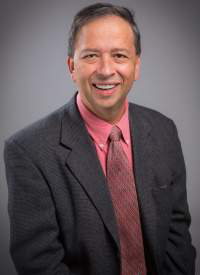

Enacting State-Level Legislation
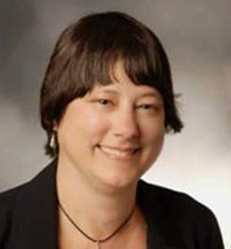
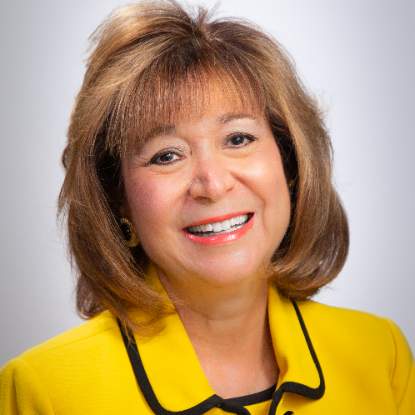
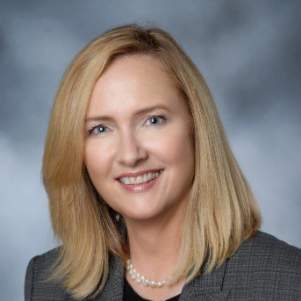
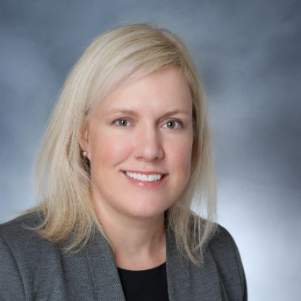
Developing Health Policy Programs Within Their Universities
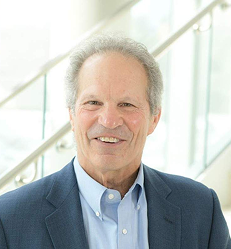
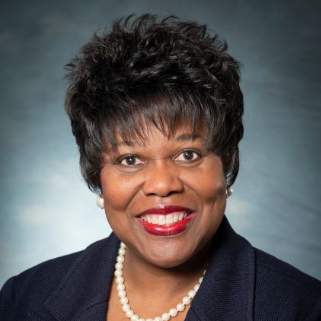
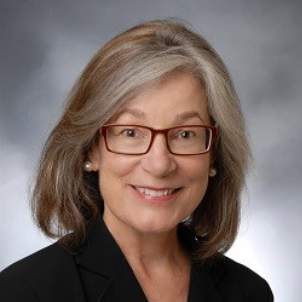
Karen Armitage, formerly a pediatrician and public health physician, was a health policy fellow in 2014-2015 working with the health team in the office of Senator Sheldon Whitehouse (D-RI). Prior to this fellowship, she had a long career in public health, including serving as Chief Medical Officer for the New Mexico Department of Health. Although had intended to apply for the position of Director of Health Policy at the University of New Mexico after her fellowship, the resignation of the current dean and potential foreclosure of the college, motivated Armitage to step into that new and unfamiliar position.
“I would never have done that if I hadn't been in Washington. If I hadn't pretended that I knew what I didn't know and faked it until I made it, I wouldn't have been that brave.”
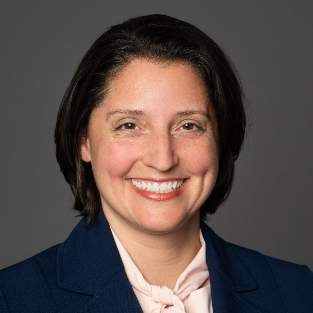
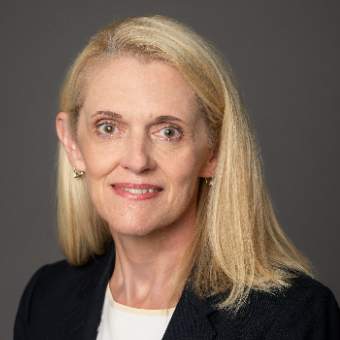
Becoming Leaders and Focusing on the Nation’s Health
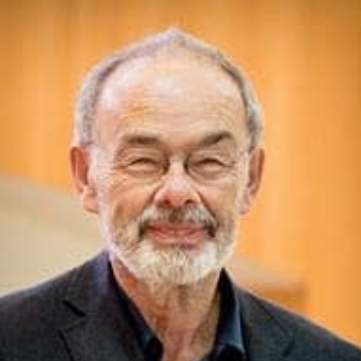
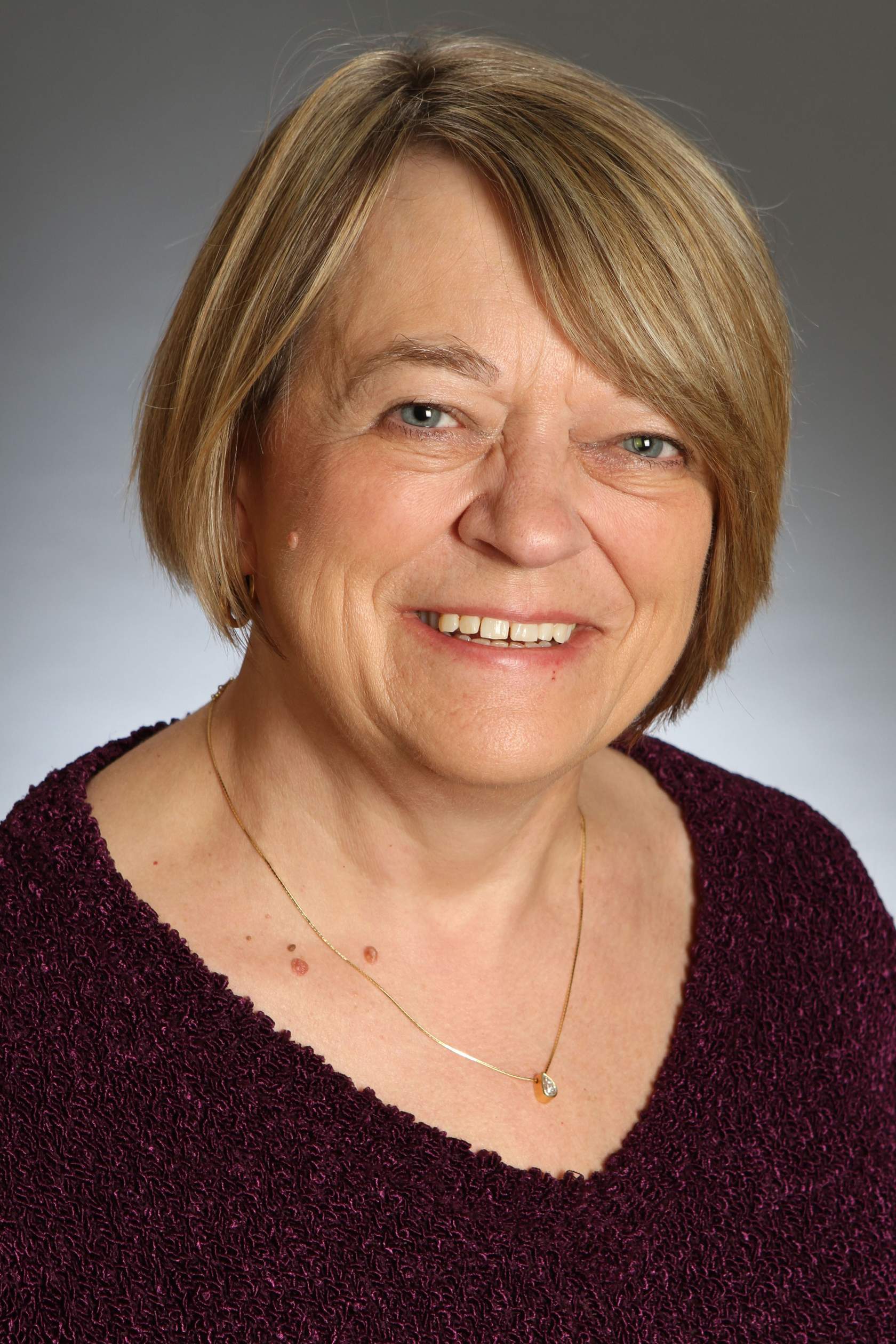
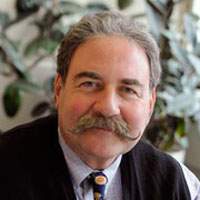
“Without [the fellowship] experience, I don't think that I would be able to help guide this organization that is trying to create new policy for people with brain disease.”
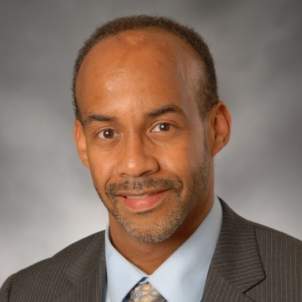

“The RWJF Health Policy Fellows program takes you from being a really good checker player to being able to play four - dimensional chess.”
POTOMAC FEVER
It’s not uncommon for fellows catch a case of “Potomac fever” and make Washington, DC their new home. Some fellows choose to stay on with their placement office. Others may transition to work in government agencies, such as the Department of Health and Human Services or the National Institutes of Health. Beyond that fellows may leave the Hill for positions with private companies or foundations, however, still working in the name of healthcare and health policy.
